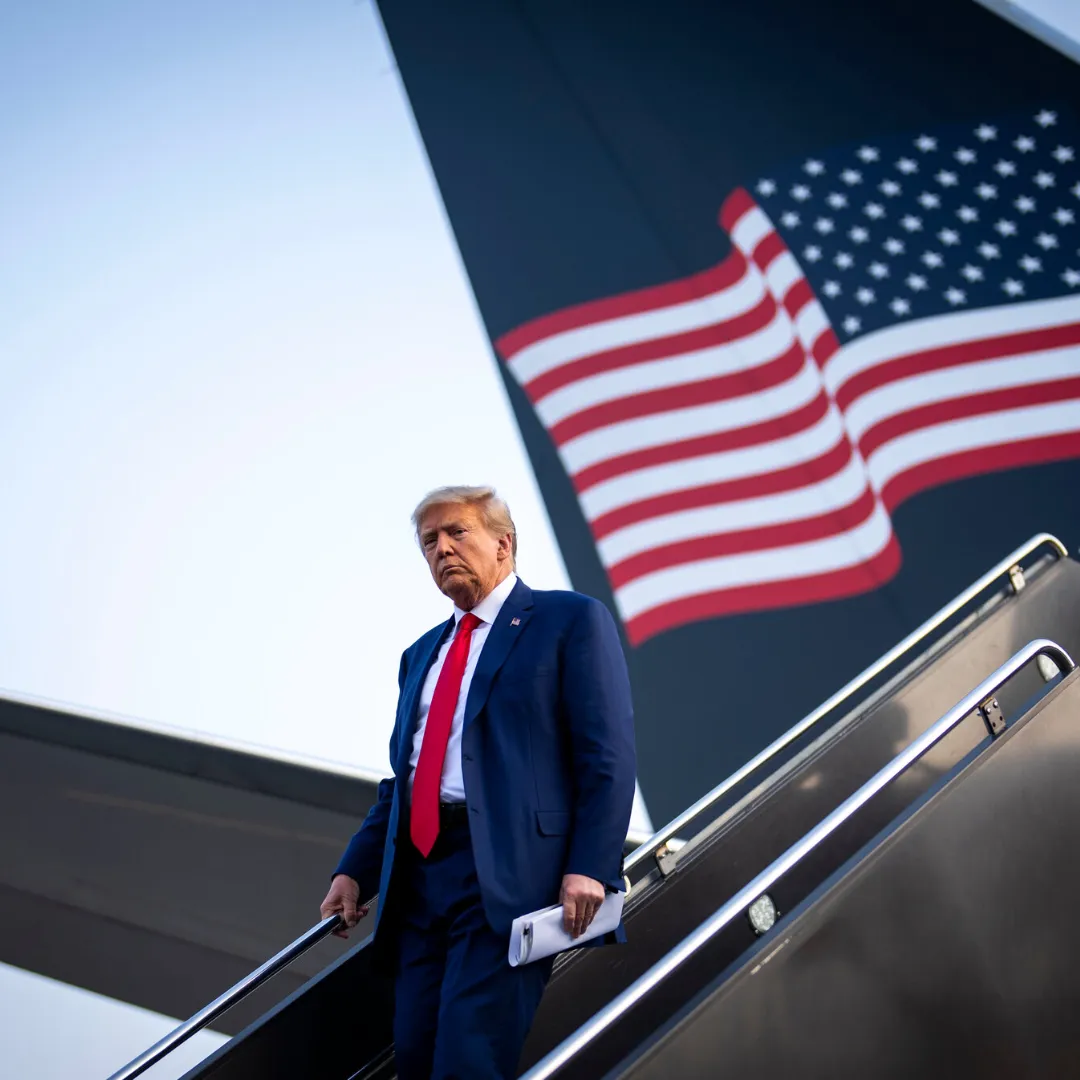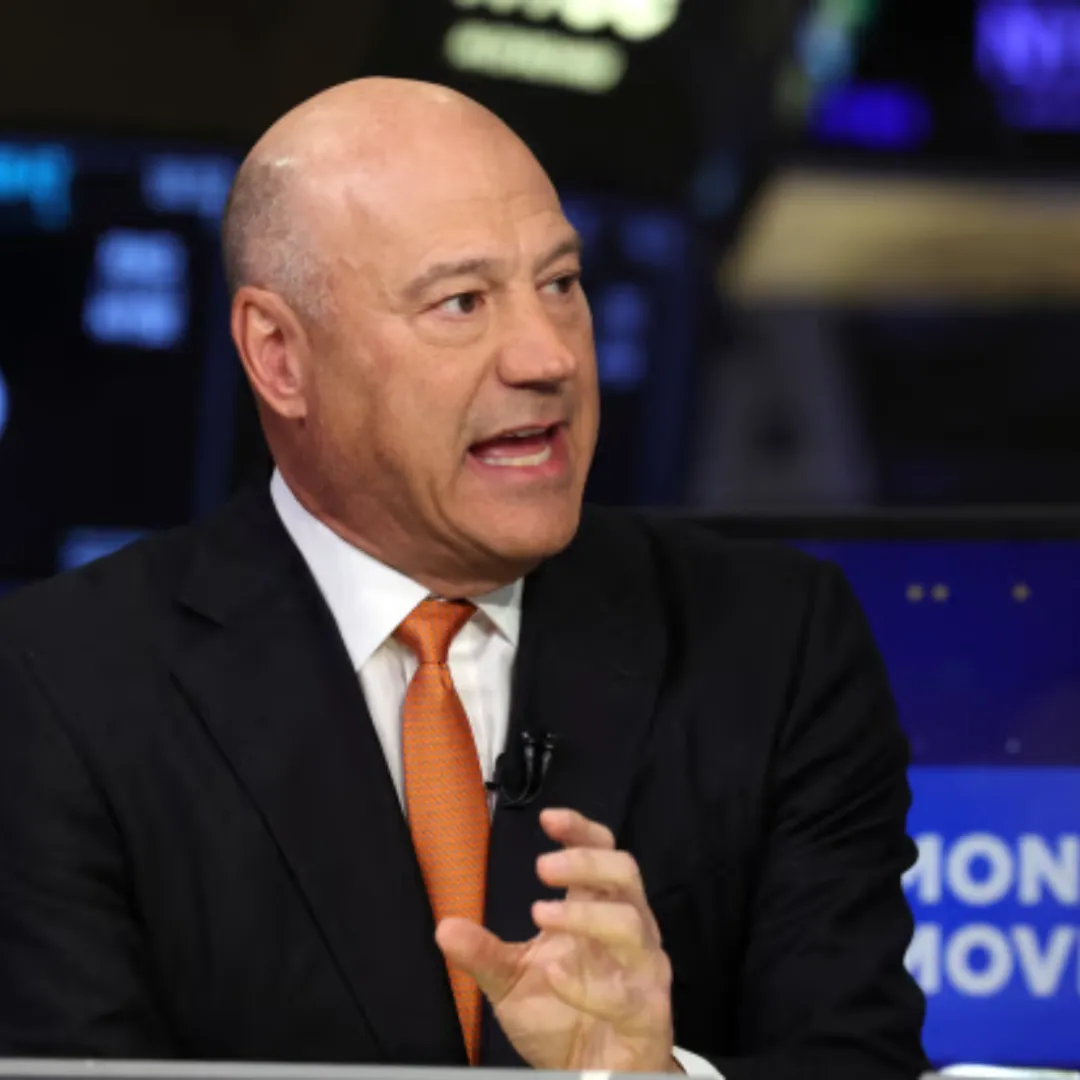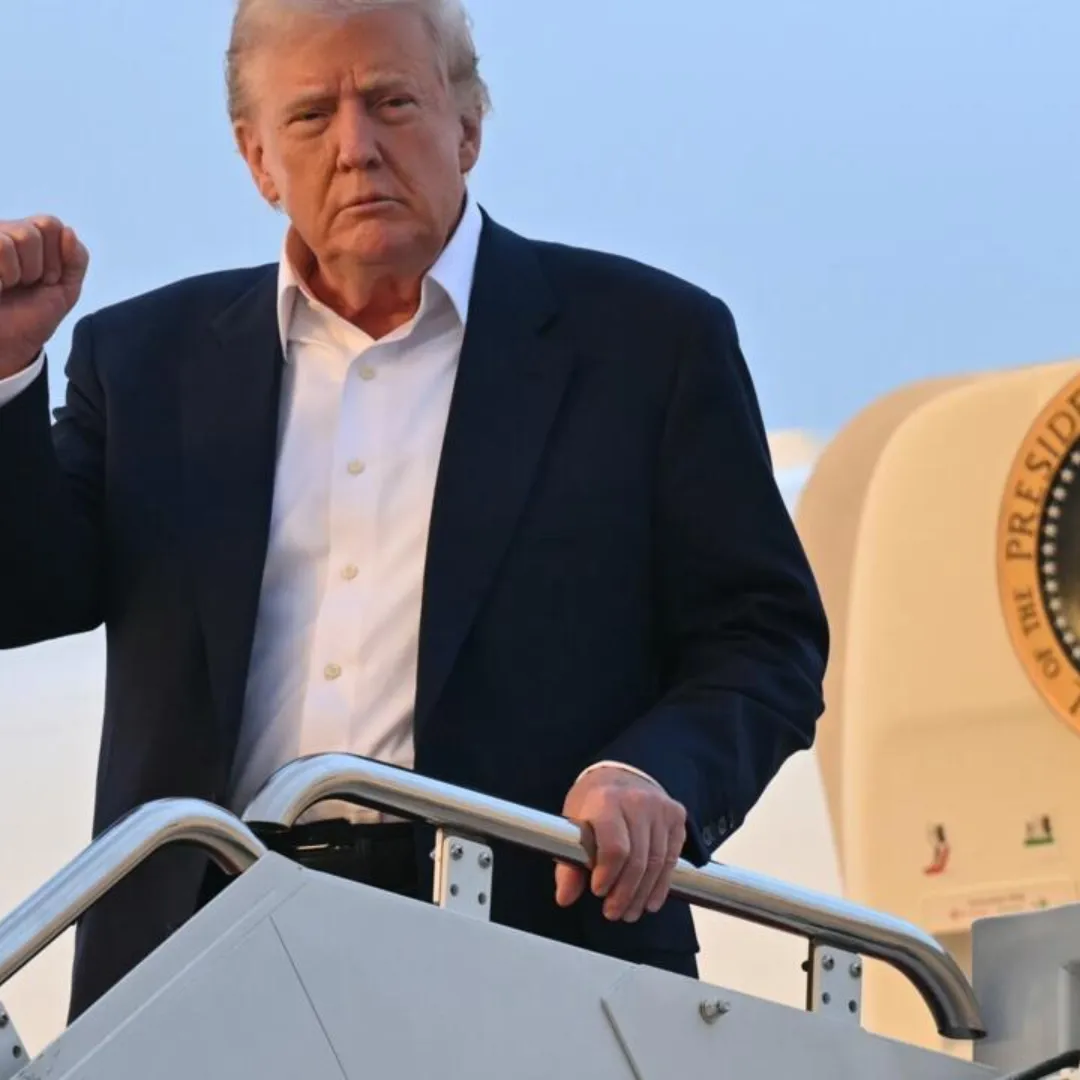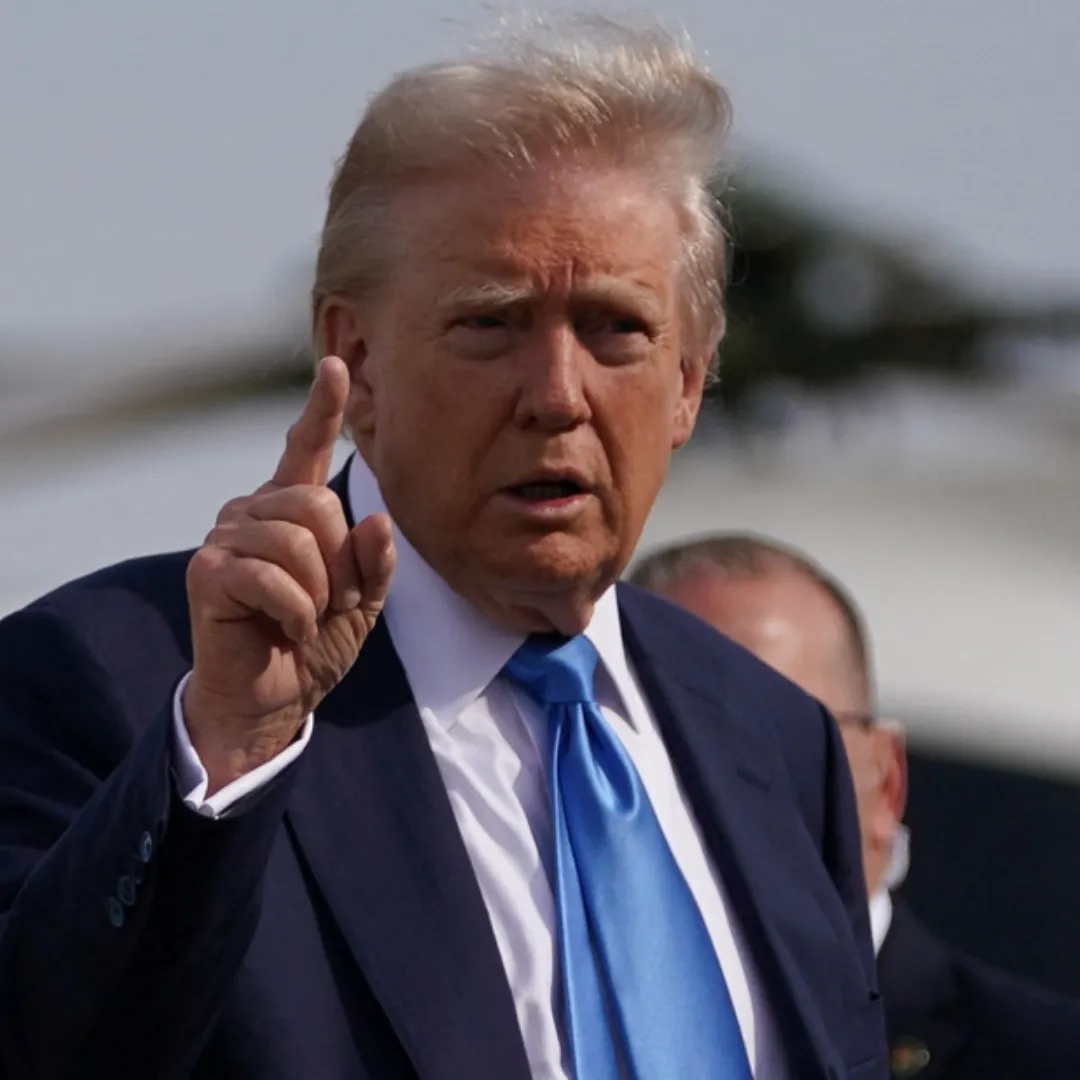
It was Easter morning when Donald Trump, from the digital pulpit of his Truth Social account, made a declaration that immediately set off debate, praise, and alarm in equal measure. In bold, capitalized words, he vowed to lead the United States into a new era—one defined not only by wealth and strength, but by faith.
"We are, together, going to make America bigger, better, stronger, wealthier, healthier, and more religious, than it has ever been before!!!" Trump posted. "DONALD J. TRUMP, PRESIDENT OF THE UNITED STATES OF AMERICA!!!"
The statement, layered atop his long-running “Make America Great Again” theme, was more than just political branding. It was a vision. For some, it was a spiritual promise. For others, it was a warning of what could be a dramatic and potentially unconstitutional shift in the relationship between government and religion.
Though brief, Trump’s message carried immense weight because of the context. With support from conservative Christians as one of the cornerstones of his electoral base, Trump’s religious rhetoric is not new.
But the phrasing—“more religious than it has ever been before”—was a clear and unambiguous nod to the growing desire among certain Republican leaders to move America toward a faith-based public identity.
Franklin Graham, one of the country’s most well-known evangelical voices, cheered the sentiment. "It is such a blessing to have an Administration that recognizes the importance of faith and isn't afraid to call on the name of Jesus Christ. God bless them!"
Others, however, asked whose religion Trump meant to elevate, and at what cost.
"'More religious'? Whose religion are we talking about now?" wrote Will Wright, host of the Faithful Politics podcast. The comment echoed the concern of many Americans who view the separation of church and state as one of the nation’s defining constitutional principles.

The United States has long walked a complex line between faith and governance. The First Amendment begins with a simple but powerful line: "Congress shall make no law respecting an establishment of religion, or prohibiting the free exercise thereof."
For generations, that sentence has sparked interpretation, litigation, and ideological battles about what role religion should play in public life.
In practice, religious expression in American government has always existed in tension. Prayers before legislative sessions, chaplains in Congress, oaths sworn on Bibles, and national holidays rooted in Christian traditions are longstanding customs.
But those who argue for a strict reading of the First Amendment insist that symbolic gestures are far different from embedding religious doctrine into policy or education.
Trump’s statement seemed to suggest not just symbolic affirmation, but a cultural and political goal. That goal, depending on one’s view, either promises a moral revival or risks creating a theocratic environment in a country whose population is growing more diverse and less religious with every passing year.
According to Pew Research data collected in late 2024, the percentage of Americans identifying as Christian has dropped to 63 percent, down from 78 percent in 2007. Meanwhile, the number of Americans who identify as religiously unaffiliated has continued to rise. Among younger generations, less than half identify with any branch of Christianity at all.
Despite that trend, Trump’s grip on white evangelical Protestants remains formidable. The same survey showed 82 percent of white evangelicals supporting Trump.
He also maintains majority support among white Catholics and white non-evangelical Protestants. This demographic reality explains why Trump continues to shape his campaign around religious themes, even as the broader national culture shifts.
In contrast, Vice President Kamala Harris and her coalition enjoy stronger support among religious minorities and nonreligious voters. Black Protestants, Jewish voters, Hispanic Catholics, agnostics, and atheists all showed majority backing for Harris.
This divide has created not just a political fault line, but a cultural one—between a vision of America rooted in religious identity and one shaped by pluralism and secular government.

Some of the most contentious political issues of the past decade—abortion, LGBTQ+ rights, school prayer, and public education curriculum—are at the heart of this divide.
In several Republican-led states, lawmakers have introduced or passed measures to display the Ten Commandments in public schools, incorporate Bible instruction into classrooms, and restrict books that conflict with conservative religious values.
In defending these policies, their proponents cite religious freedom. But critics argue that such policies blur the line between personal faith and government endorsement of religion.
“It’s not about whether you’re religious or not,” said one civil liberties attorney. “It’s about whether the government gets to decide which religion is elevated and which ones are ignored—or worse, punished.”
Trump’s Easter message has revived those concerns. While his supporters interpret the message as a reaffirmation of traditional American values, his critics see a thinly veiled endorsement of Christian nationalism, a movement that seeks to formally enshrine Christian values into the legal and civic framework of the nation.
Such movements have grown more visible in recent years, especially following court decisions seen as favorable to religious conservatives. The Supreme Court, now dominated by a conservative majority, has issued a series of rulings that allow greater religious expression in public settings.
These include decisions that expanded prayer in public schools, upheld religious objections to certain federal mandates, and redefined the boundaries of public funding for religious institutions.
These decisions have encouraged Republican lawmakers to push the envelope further. In states like Texas and Florida, new educational guidelines reflect religious language and restrict the teaching of topics deemed contrary to faith-based perspectives.

Opponents of these changes, however, argue that such moves violate the religious liberty of students and families who do not share those beliefs. They also warn of a slippery slope—where government policies begin to reflect the values of one dominant faith group at the expense of others.
The question now facing the country is whether Trump’s vow is rhetorical or strategic. Will it become part of a legislative agenda? Will it lead to more court battles? Or will it serve primarily as a campaign slogan meant to energize his religious base in the lead-up to November?
If the past is any indicator, Trump will continue to use religious language to reinforce his image as a defender of Christian America. Whether this rhetoric becomes a basis for policy in a second term—or fuels further division between religious and secular Americans—remains to be seen.
What is clear is that Trump’s message has reignited the long-running battle over the place of religion in public life. It has raised the stakes for both sides of the constitutional argument. And it has made it evident that for Trump, religion is not merely a private belief—it is a political tool.
As the election season unfolds, debates over faith, freedom, and governance are certain to dominate both courtrooms and campaign stages. With so much of the national identity tied to both religion and liberty, the country must again wrestle with one of its oldest and most persistent questions.
How religious should America be—and who gets to decide?



